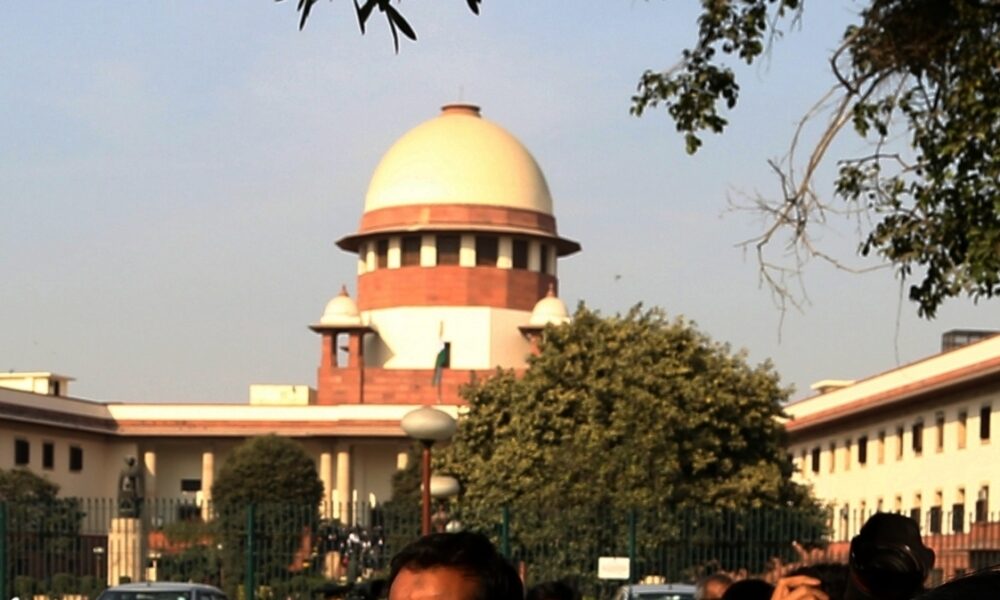
SC dismisses review petitions against verdict upholding EWS quota
New Delhi, May 16 (IANS) The Supreme Court has dismissed the review petitions challenging its judgment upholding the validity of the 103rd Constitution Amendment, providing 10 per cent reservation to economically weaker sections (EWS) persons in admissions and government jobs.
A bench headed by Chief Justice of India Chandrachud and comprising Justices Dinesh Maheshwari, S. Ravindra Bhat, Bela M. Trivedi, and J.B. Pardiwala, in order dated May 9, said: “Applications for permission to file the review petitions are allowed. Applications for listing the review petitions in open court are rejected. Delay condoned. Having perused the review petitions, there is no error apparent on the face of the record. No case for review under Order XLVII Rule 1 of the Supreme Court Rules 2013. The review petitions are, therefore, dismissed.”
On November 7, last year, four separate judgments were authored with different reasoning by a five-judge bench of the apex court. Justices Maheshwari, Trivedi and Justice Pardiwala, in three separate judgments, upheld the 103rd Amendment. However, Justice Bhat along with then Chief Justice U U Lalit, in its minority verdict, struck down the 103rd Constitution amendment saying reservations for EWS based upon the economic criteria is on par with reservations which the Constitution mandated, and envisioned as a pledge to create an equal society, is constitutionally unsound.
In November last year, dismissing the petitions challenging the EWS quota, Justice Maheshwari said: “The 103rd Constitution Amendment cannot be said to breach the basic structure of the Constitution in excluding the SEBCs/OBCs/SCs/STs from the scope of EWS reservation.”
He said reservation structured singularly on economic criteria does not violate any essential feature of the Constitution and does not cause any damage to the basic structure of the Constitution.
“Exclusion of the classes covered by Articles 15(4), 15(5) and 16(4) from getting the benefit of reservation as economically weaker sections, being in the nature of balancing the requirements of non-discrimination and compensatory discrimination, does not violate Equality Code and does not in any manner cause damage to the basic structure of the Constitution,” he said.
He added that reservation for economically weaker sections of citizens up to ten per cent in addition to the existing reservations does not result in violation of any essential feature of the Constitution and does not cause any damage to the basic structure of the Constitution on account of breach of the ceiling limit of fifty per cent.
“Because, that ceiling limit itself is not inflexible and in any case, applies only to the reservations envisaged by Articles 15(4), 15(5) and 16(4) of the Constitution,” said Justice Maheshwari.
